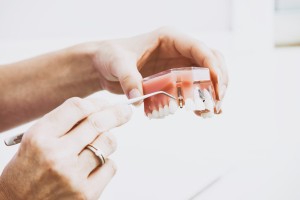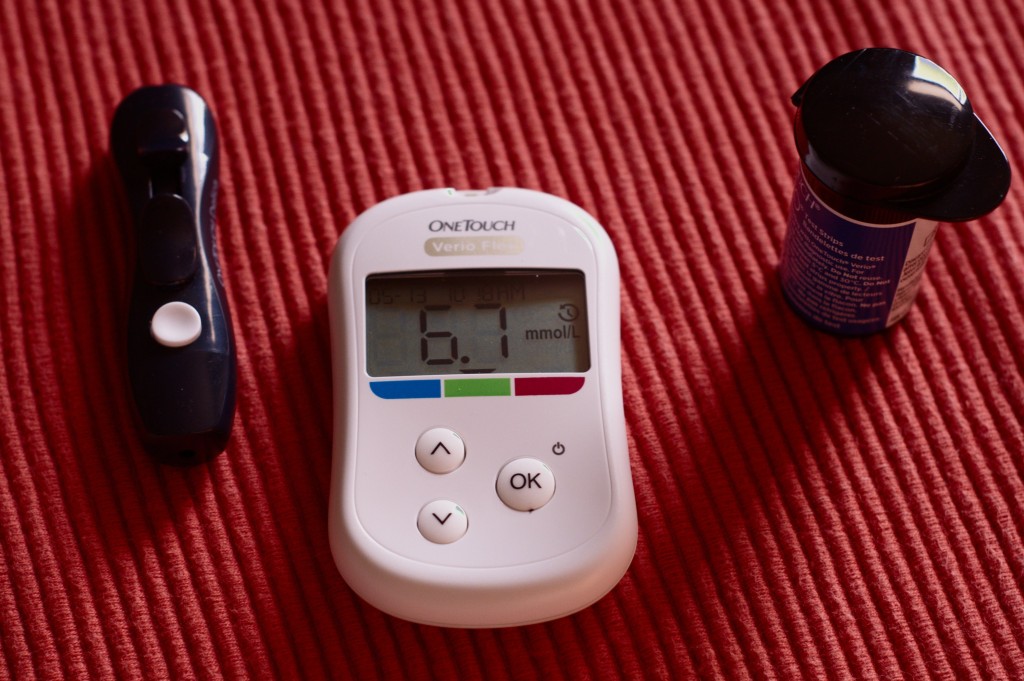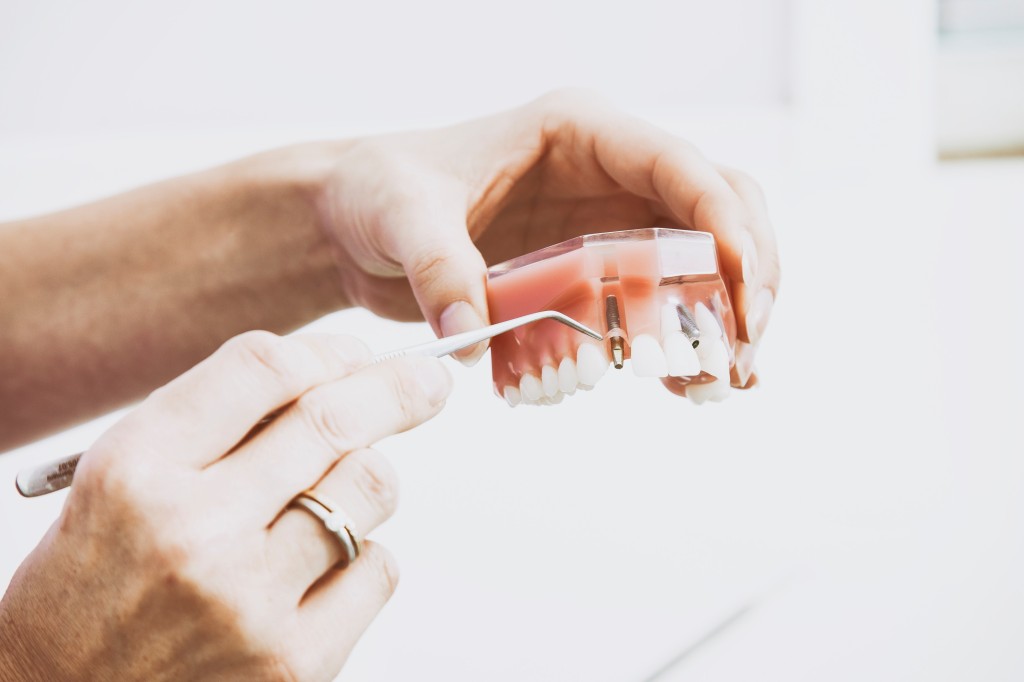At Classic Denture Center we like to live by the saying: “Take care of your dentures and your dentures will take care of you.” Perhaps you have heard it before?
 It might not be such a new saying, but it is definitely good advice! When you take care of your new pearly whites, you can improve how long they last, how well they look, and most importantly, how good they feel. To keep them in tip-top shape, your denturist in Portland OR suggests having them cleaned and checked regularly.
It might not be such a new saying, but it is definitely good advice! When you take care of your new pearly whites, you can improve how long they last, how well they look, and most importantly, how good they feel. To keep them in tip-top shape, your denturist in Portland OR suggests having them cleaned and checked regularly.
Another piece of advice we have to offer you is to stop wearing your dentures around the clock. What we mean by this is that wearing them overnight could lead to some major undesirable consequences.
Wearing your dentures 24/7 can actually accelerate bone loss in your jaw and over time cause your dentures to lose their comfortable fit. Bone loss is a natural consequence of tooth loss due to the fact that the bone is no longer stimulated to grow by your teeth during chewing, but accelerating this loss is not something you want. Dentures can’t accomplish that stimulus and the pressure they place on your gums and underlying bony ridges can make bone loss worse. Removing your dentures at night is one way to relieve this pressure and slow the loss of bone.
Dentures can be a breeding ground for bacteria and fungi. These growths can lead to irritation, unpleasant mouth odors, and even disease. Remembering to take your dentures out at night helps deprive the microorganisms in your mouth of the prime opportunity to breed and grow. Also, taking them out offers you a great opportunity to clean your dentures. When people sleep with them in, they are much more likely to have gum or oral yeast infections and higher levels of proteins produced by white cells that increase inflammation. These infections could definitely contribute to other diseases in your body.
Sleeping without your dentures also increases their longevity. Your dentures already have to put up with a lot of wear and tear. You chew with them, talk with them, and they live in your mouth for half of the day already. When you take them out at night, you are able to keep up with oral hygiene and give them a break from the tough job they need to do. This will lead to a longer denture life-span and save you money.
In addition to taking your dentures out while you sleep, it’s obviously a good idea to practice other daily hygiene tasks including:
- Removing your dentures after you eat and rinsing them with clean water
- Brushing your dentures every day with a soft-bristled brush and dish or antibacterial soap or dental cleanser (remember, do not use toothpaste but do rinse thoroughly)
- Remembering to clean your gums and tongue every single day
- Storing them in clean water or preferably an alkaline peroxide-based solution
Your denturist in Portland OR believes that taking out your dentures while you sleep and following good oral habits will help extend the life and fit of your dentures. It can also help with your overall health.
If you want to learn more about proper denture care, please contact us today!


